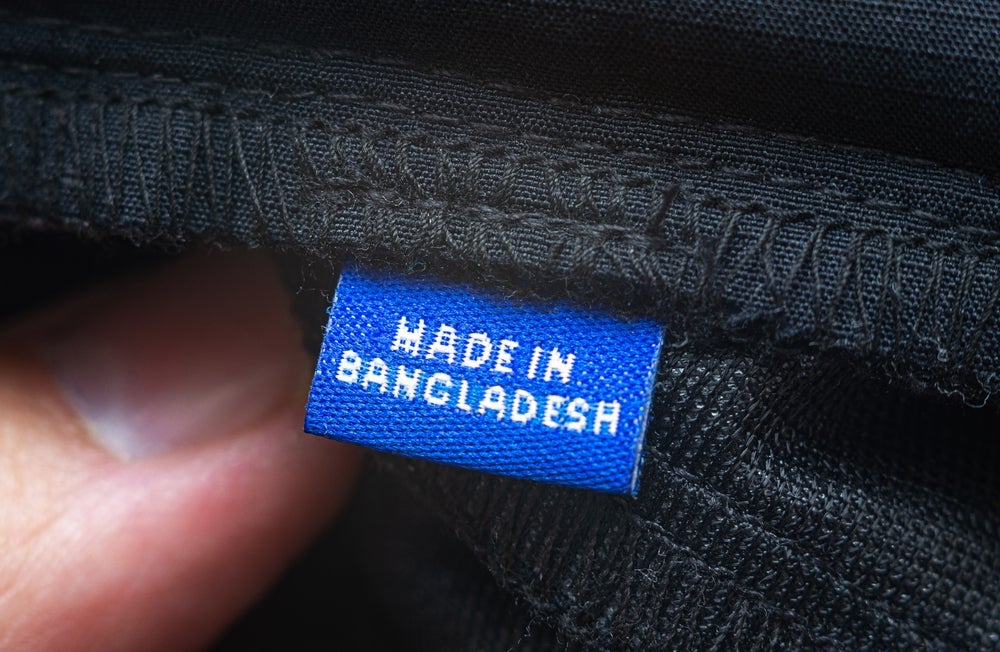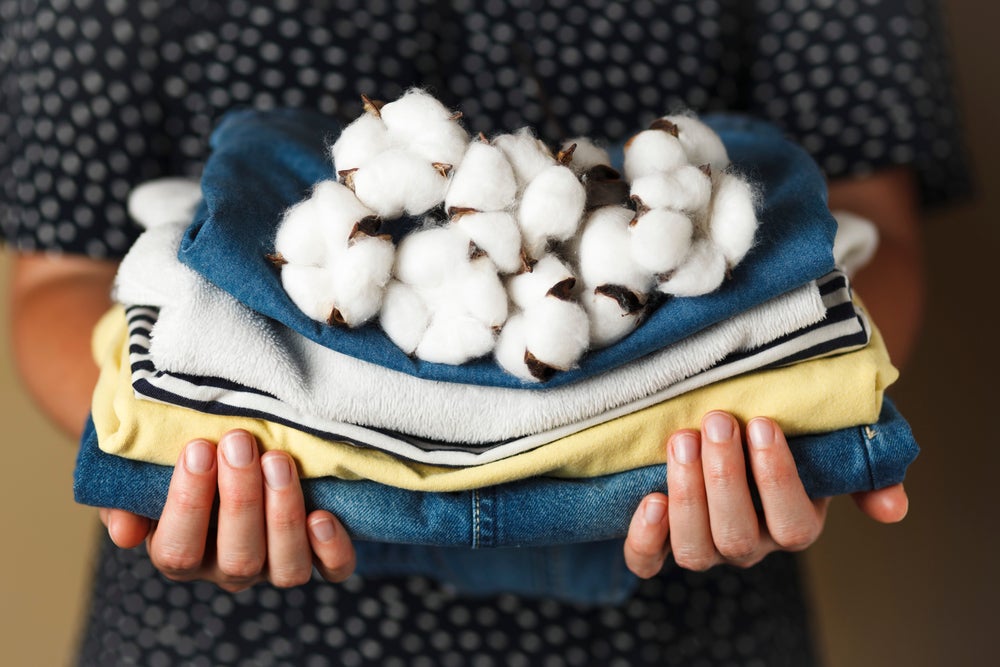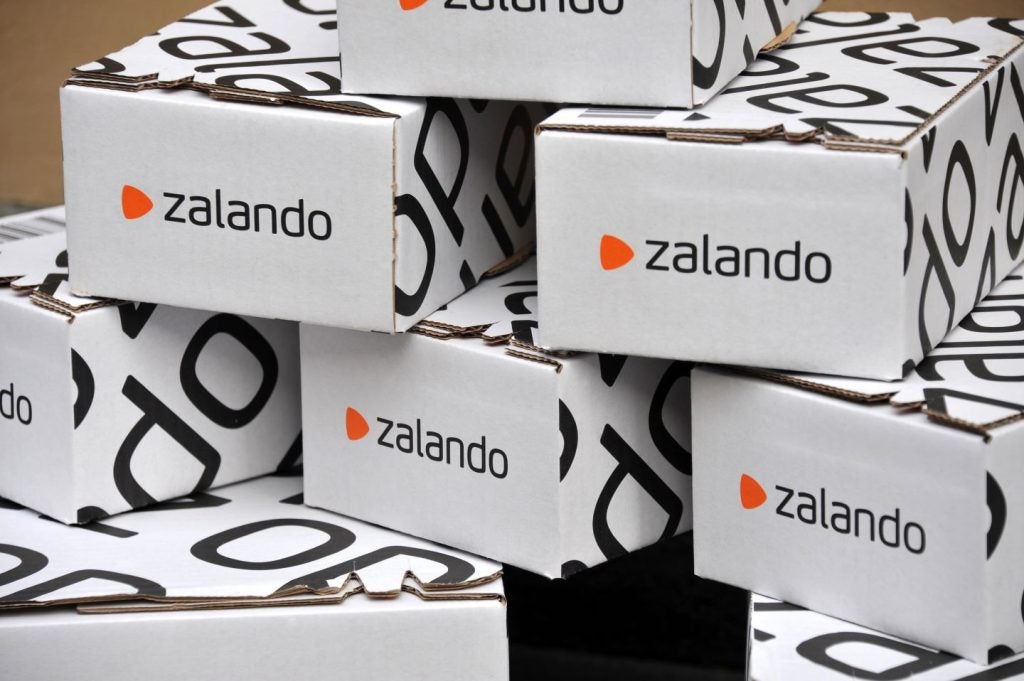Anybody who has been following the news headlines will be aware that there has been some civil unrest and demonstrations in Bangladesh during the past few weeks. Some of these have been political and some relate to the review of the minimum wage for garment workers in Bangladesh.
Protests and unrest intensified across Dhaka, Bangladesh since the fourth meeting of the country’s wage board on 22 October, where garment factory owners’ proposed to increase the minimum wage to BDT10,400 (US$94). Labour rights groups and unions want more than double that level and so we have reached a stalemate, with protests ensuing.
In the meantime, general elections are scheduled to be held in Bangladesh in January 2024 under the auspices of the 2024 Bangladesh Election Commission, the official body responsible for ensuring free and fair elections in the country.
Election time is always a tense period for Bangladesh. The fact that some people are also taking to the streets for political reasons, at the same time as there are demonstrations around wages, means that in many ways we have a ‘perfect storm’ which quite understandably has captured global headlines.
Bangladesh is open for business following limited pockets of unrest last week
Here, I will provide five clear reasons why, firstly, the situation in Bangladesh is nothing like as serious as is being portrayed in some media outlets and why Bangladesh remains open for business. International buyers can rest assured they can place orders here with confidence.
First things first: Bangladesh is not like most Western countries. Modern Bangladesh was born in 1971 following the liberation war with Pakistan. Even since that time, our political environment has not always been stable and there have been regular periods of volatility, particularly around election time. Sometimes these involve protests and demonstrations and occasionally there are pockets of violence.
None of this is ideal but it is also nothing we have not seen before. Experienced buyers I speak to understand the politics of Bangladesh, they recognise that our country does not always have the political stability of some Western countries. They also see that we always manage to resolve our political differences and that, barring a few bumps in the road, the past five decades have been a source of relatively political stability in Bangladesh.
As of today (6 November), all factories are open, the ports remain open and are running as normal, and any demonstrations last week were limited to just a few pockets of activity.
Point two I want to make is about the pandemic. The global pandemic and the necessary closure of some factories was arguably the biggest logistical hit to the Bangladesh ready-made garment industry since its formation in the 1970s. Global orders fell off a cliff and many factories were forced to temporarily close down. It was a huge time of uncertainty and liquidity was a massive problem given that industry did not have the massive, generous furlough schemes we saw in many western countries.
But do you know what? We survived and came through it. I cannot explain precisely how but somehow we just managed. Ours is a highly resilient industry. It’s like the boxer that keeps getting back up after a knockdown. There is a never-say-die spirit among factory owners and a togetherness which I do not believe you will find in any other garment sourcing hub globally. In short, if we can survive the pandemic, the current unrest is a walk in the park in comparison.
The third point I wish to make is around collaboration. Our industry is well prepared for unrest around election time and when the national minimum wage is under review. This is the nature of the beast.
In recent weeks, factory owners and industry leaders have come together and worked collaboratively to ensure business as usual. To reiterate the point made above, there is a togetherness in our industry because we know as garment makers that together we are stronger. Communication behind the scenes has been regular and consistent.
Bangladesh Government wants to ensure continuous garment factory operation
The Government of Bangladesh is also on the same page and this is crucial. Garment export is by far our most important industry. The government will always do everything in its power to enable its continuous operation.
Point four relates to information being published about Bangladesh and the current situation. While we have a very strong media in Bangladesh and diligent journalists, we also have issues broadly around misinformation. I hear rumours that some bad actors are sharing information online which is distorting the current picture in Bangladesh, exaggerating or sensationalising the current challenges. There could be political or even competitive reasons for doing this and it is nothing new.
My message here would be to look at the overall situation and consider the historical context. To reiterate, the situation now is nothing new and nothing to worry about. It is something we as an industry have seen before and which we can manage.
Bangladesh remains world class sourcing destination
Finally, I would like to make a point about culture and garment sourcing. In each country a buyer enters, he or she will find a different type of culture, often one that differs greatly from that we see in Western countries. In India, Pakistan, China, Cambodia and – yes – Bangladesh, conflict resolution will not always be something that one is familiar with. That’s the nature of modern sourcing in what is very much a globalised industry, where each sourcing hub has its own area of expertise and specialism.
That is not to say that we should not strive to be better and that the current civil unrest we have witnessed in Bangladesh is welcome. It is not. But I would call on all sourcing executives to look at the bigger picture and “accept the rough with the smooth” when it comes to sourcing.
Keep an eye on the bigger, long-term picture. Bangladesh remains a world class sourcing destination, based on quality, responsiveness and price competitiveness. The current challenges are a bump in the road. We remain open for business.
About the author: Mostafiz Uddin is the managing director of Denim Expert Limited. He is also the founder and CEO of Bangladesh Denim Expo and Bangladesh Apparel Exchange (BAE).
















